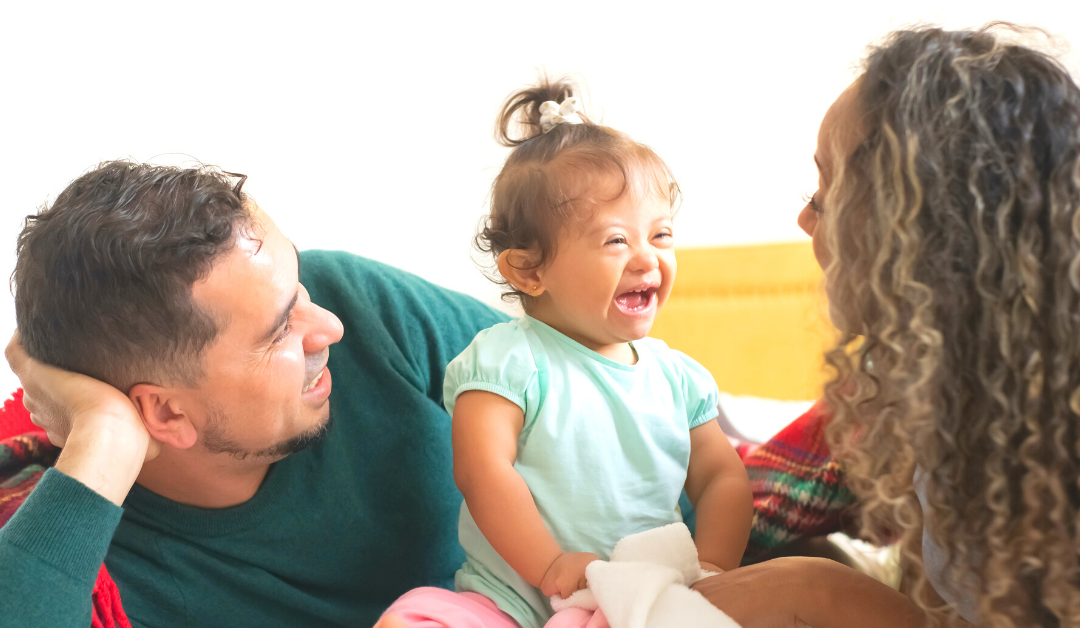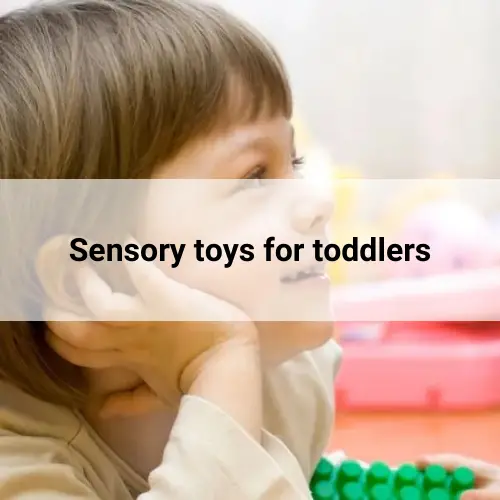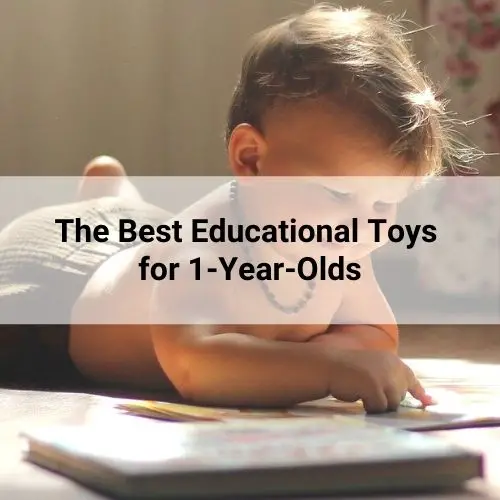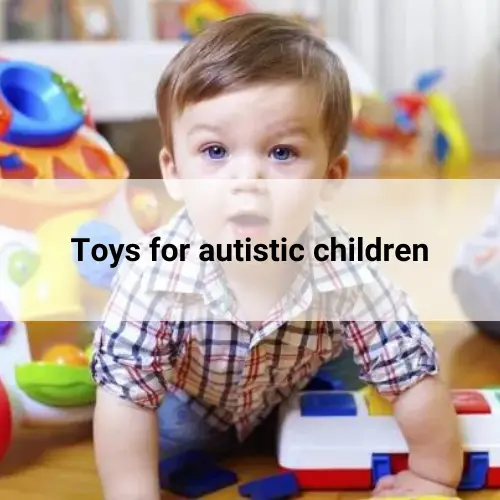Table of Contents
Autism in toddlers
By: Eugenia TovarAs a parent, you probably want your child to be healthy, happy and filled with joy. You want a son or a daughter who is able to be empathetic towards others and who grows up being able to express clearly whatever it is on their mind and heart. However, as a parent, you probably have also realised that things change constantly and rapidly, and not everything goes according to the initial plan one has envisioned.
Furthermore, when it comes to Autism Spectrum Disorder things can go upside down very quickly indeed. High-functioning Autism? Atypical Autism? Pervasive Developmental Disorder? If you are a parent who is dealing with the possibility of having an autistic child, then these are probably names you have heard whenever a diagnosis is trying to be made by professionals.
Surely, these terms can often offer answers especially if you didn’t know much about it in the first place, but they can also be very confusing because these names tend to generate a lot of questions and insecurities if you – as a parent or carer – are not receiving the correct support either.
Watch this heart-warming video from ThenThisLifeHappensAgain and continue reading to find out more about ‘’What are the signs of Autism in toddlers?’’:
Everything you need to understand about Autism Spectrum Disorders:
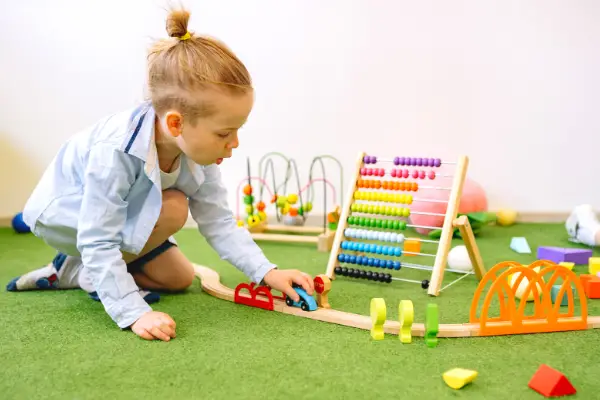
A couple of years ago, The American Psychiatric Association decided to combine the Developmental Disorders into a single diagnostic referred to as ‘’Autism Spectrum Disorder’’ in the Diagnostic and Statistical Manual of Mental Disorders.
Autism Spectrum Disorder (ASD) is considered to be a Developmental Disability that has been caused by deviations in the brain. Modern science hasn’t been able to figure out why and how autism occurs, however, a lot of progress has been made in regards to the psychological therapies that will definitely have a positive impact on a child with autism.
Being aware of the early signs of autism a toddler can present is also very important, as it could potentially give you an opportunity to catch autism early, thus you will be able to work alongside specialists in order to receive the best treatment for your child.
Moreover, autism’s treatment can reduce the effects that this disorder has on your child, so you will still see him or her learn, thrive and grow. And even though Autism won’t magically disappear from your child, don’t lose hope and energy with negative thoughts about it, on the contrary, your child needs you even more, especially since he or she is aware that you can guide them to go through this journey together, as they will also be your guide through parenthood.
Autism Spectrum Disorders’ symptoms:
Each individual that is on the Autism Spectrum can present problems with empathy, social interaction, flexible behavior, communication and even eating habits. Indeed these issues are displayed on different levels as some are more intense than others. In other words, if two children have been professionally diagnosed as being on the spectrum and they have exactly the same symptoms they will still look, feel and behave differently, for the reason that their cultural surroundings, personal abilities and ways understanding life are not the same either.
Moreover, it can be argued that some people with ASD have thinking and problem-solving abilities that could either be described as someone who is gifted or severely challenged. Either way, observe your own child and see what he or she is like. Try to focus on things they enjoy and love, and above all, make sure you always respect your child’s own times, developmental stages and needs. You mustn’t rush them, and you definitely shouldn’t put pressure on them to learn or do something.
What are the signs of autism in toddlers?
As a parent – or a carer of a child- you are in the privileged position to observe how the toddler is behaving or interacting with you and others, thus this will give you the opportunity to recognize some of the signs of autism, even if you haven’t been to a doctor yet.
This is why it’s important for you to witness your child’s different behaviours because a 15-minute visit to the paediatrician, each month or every couple of months won’t be enough to firmly detect any signs of autism. Even though the official tests might not be conducted until the child is 2-3-4 years old, sometimes it has been argued that Autism can present itself from the first 12 to 24 months of a person’s’ life.
The child may show any of these symptoms:
- They are often indifferent to their parents’ presence, thus they are not really bothered to bond with one (or both) of them.
- They usually have a development in their language skills and all of a sudden lose it. Or perhaps they don’t acquire language at all.
- Some autistic children appear to be deaf or are unresponsive to sounds. Others may be over-sensitive to certain sounds.
- ASD children are difficult to console during a tantrum, and this is often misinterpreted as the ‘’terrible twos’’ by some parents.
- They often have problems sleeping or waking up, especially at night time.
- It is very difficult for them to follow directions and this can be tested if you ask them to ‘’point and look’’ at something or something. It is very likely that they simply won’t do it.
- Children with ASD often have a limited or selective diet. For example, they may want to eat three eggs a day because that’s the only thing they like, or they may ask you to arrange their plates in the same way every single day, as that’s the only way they will eat.
- It’s hard to imagine this considering they are toddlers, but they don’t know how to play, as they have a limited imaginative play. This is another reason why they are not interested in sharing or playing with other children as they are not able to emphasize with them.
- They often are sensory sensitive. This is when lights, sounds or colors can deeply affect them.
- Sometimes they avoid making eye contact, particularly when being fed by their mums.
- They don’t respond to their names being called.
- They are very tranquil and don’t make noises to get their parents – or anybody else’s- attention. So family members may think that he or she is an ideal child because they are so calm and ‘’well-behaved’’.
- They usually don’t respond to cuddling or don’t raise their hands when they want to be picked up, however, they show affection in their own, personal way.
Regression is also a sign:
Some children with ASD will communicate just fine and then all of the sudden they seem to be going through a regression, usually between 12 and 24 months. This regression could manifest itself when the child stops verbally communicating completely, or when he or she stops playing games that they used to enjoy.
Furthermore, regression can be considered as one of the first ‘’red flags’’ for autism, so this means that you will have to be very aware in order to see if your child has stopped doing things he or she once did.

It is imperative that you become even more aware of your child’s specific needs. Having been diagnosed with ASD also means that you will have to try to alleviate your child’s symptoms, and this requires a lot of actions, education and above all patience on your behalf.
Keep this in mind if you think your child has ASD:
Observe your child’s development: You are now aware of the ways in which a child may manifest ASD, so you must also be conscious of any developmental delays your child may suffer from. This also works both ways as you must also be aware if your child is reaching the developmental milestones in a positive way.
Don’t wait-and-see-what-happens: If you are having concerns on whether your child has ASD the best thing you could possibly do is to take him or her to their doctor. They will guide you and recommend you what to do next. Do not ‘’wait and see what happens’’ or expect your child to ‘outgrow’ a situation or a phase in life, because if it does end up being ASD then it is better to detect it early on so you can empower yourself more, thus you will help your child in better ways.
Be proactive: The first couple of weeks – or even months – after finding out that your child has ASD can be very, very stressful. You may feel like life is getting the best of you, or that you never did anything to deserve any of this. It is all normal as you are probably going through a stage of grief where you actually need to allow yourself to feel all of this in order to come through those feelings and help your child more efficiently. However, this period is likely to have an end in sight, as you will have to become more proactive in terms of raising a child with ASD.
Trust yourself: Your instincts will never lie to you. This is why you must listen to whatever it is that your gut, heart and mind are telling you. If you have any concerns, talk to your child’s doctor, psychologist or any professional who could help both of you. Never underestimate how much you know your child, if something seems a little ‘’odd’’ or ‘’out of place’’ then see a doctor, search for a second opinion, ask around, inform yourself, empower yourself and others with knowledge.
Be grateful: In fact, try to avoid being too hard on yourself. You are doing the best you can! Having a child with ASD is definitely not the end of the world, even though sometimes it may feel like it. Be conscious and thankful for the positive things that are happening in your life. Turn the negative things into art, go jogging or swimming, do something for yourself, try to express yourself somehow, this way you will get to release all of your deep emotions as well.

And always tell this to yourself when things may seem a little bit hectic: ‘’this too shall pass’’. You are doing the best you can in order to help your child, you are offering all the love and contention and above all, you are there for them – and that is exactly what they want and need from you.
Having a child with Autism is often seen as a daily challenge, but this doesn’t mean that your child will not be able to do anything at all. Going to the park, having friends, or even talking are definitely possible things your child can make if he or she is guided thoroughly – albeit you will always have to readjust to your child and to his or her needs.
Related Articles:
